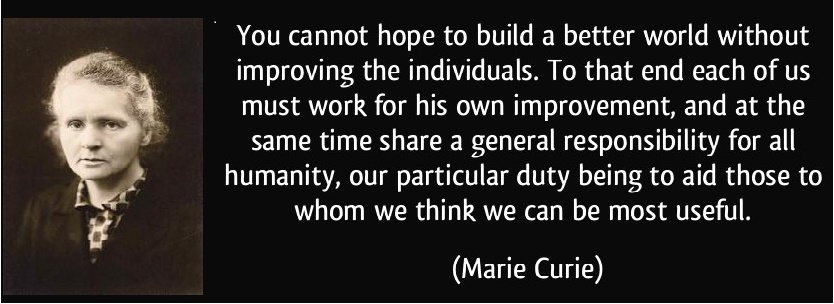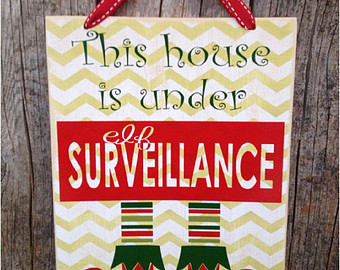
Here are ten small things we can all do to make the world a better place without having to join the missions or fork out on monthly donations;
1) Plant a Tree in your back Garden.
The world is a very simple place and if you want to keep it green you should start on your doorstep. Trees are a natural habitat for wildlife and help absorb carbon dioxide (a tree can absorb up to a ton of carbon dioxide over its lifetime). Trees provide shelter and food for wildlife such as birds, squirrels and bugs. If you don’t have space for a tree, or if you want to maximise the benefit your garden can make, you should plant flowers that attract and feed pollinators like bees, butterflies, and birds: they’re disappearing at an alarming rate because of pesticide and insecticide use.
2) Donate Blood
Want to save someone’s life? People in accidents, undergoing treatment, and even premature infants all need your help to survive. Just by donating blood once you’ve helped someone and this means you’ve made the world a better place. Currently only 1 in 30 people give blood, but 1 in 3 people will need blood in their lifetime, that doesn’t make sense now does it?
3) Don’t Smoke
First of all smoking gives you cancer and you die, and if you’re reading this it means you care, so you’re one of the good people, Jack Johnson is potentially looking for you, and we need you to stick around. Smoking creates a drain on the health service because of the huge cost in treating smoking related disease & cancer. For example in the UK treating disease directly caused by smoking costs more than £5bn a year. This has a negative effect on the economy which impacts on the government’s ability to provide social services and support the community at large. But don’t just discourage smoking, take it a step further, support anti tobacco legislation and help rid the world of a problem that The World Health Organisation calculates as being responsible for 27% of deaths among men and around one in 10 among women.
4) Become an Organ Donor.
Listen people, you don't need your organs when you die, someone else does. If you want to make the world a better place save someone’s life on the way out, when you’re done you’re done.
5) Stop Driving Everywhere
We all know vehicle emissions are bad for the planet. If it’s a short journey just walk or cycle. Get to work by using public transport or car pool. If you need to use a car, consider purchasing a hybrid or an electric model. We can make a difference if we try. Individually we can become community leaders and collectively we can become global leaders in energy conservation.
6) Recycle.
Let’s reduce landfill waste. These days just about anything can be recycled—from newspapers and plastic, to computers and old mobile phones. Make sure your workplace has recycling facilities and ensure you buy recycled products whenever you can.
7) Be Politically Aware
If you want the world to be a better place hold your politicians accountable for their actions. Vote for candidates who uphold your beliefs and voice your support for them amongst your friends and community. Read a newspaper, be aware of what’s happening in the world around you, aim to understand global politics.
8) Adopt Ethical Practices when you shop.
Support companies that have fair trade practices, don’t let big business dictate terms over farmers and producers. Remember some companies use sweat shops to produce the clothes you wear, be conscious of the goods you buy. By purchasing products from countries which don’t respect basic human rights you are supporting their government and helping enslave people. If you’re not happy about the way a foreign government acts don’t visit that country, don’t buy their products. Boycotting an economy will put it under pressure. Remember to help reduce carbon output by purchasing energy efficient electronic appliances.
9) Go Vegetarian at least once a week.
Meat based products are so readily accessible nowadays that we’ve completely forgotten how it is produced. Despite any moral implications of the mass genocide of animal life on this planet there are huge implications to the over industrialisation of meat supply to our planets well being. For example: It requires 2,500 gallons of water to produce one pound of beef. The international meat industry generates roughly 18% of the world's greenhouse-gas emissions—even more than transportation—according to a report last year from the U.N.'s Food and Agriculture Organization. Much of that comes from the nitrous oxide in manure and the methane from the natural result of bovine digestion. Methane has a warming effect that is 23 times as great as that of carbon, while nitrous oxide is 296 times as great. If you switch to vegetarianism, you can shrink your carbon footprint by up to 1.5 tons of carbon dioxide a year.
10) Give your Children the right Education
Let’s look at what our children learn in school, are we giving them the right education? If you can, give them every opportunity to learn, teach your child an instrument, a foreign language, good ethical behaviour, instil in them a sense of responsibility to take care of this planet and everyone on it.



 RSS Feed
RSS Feed
